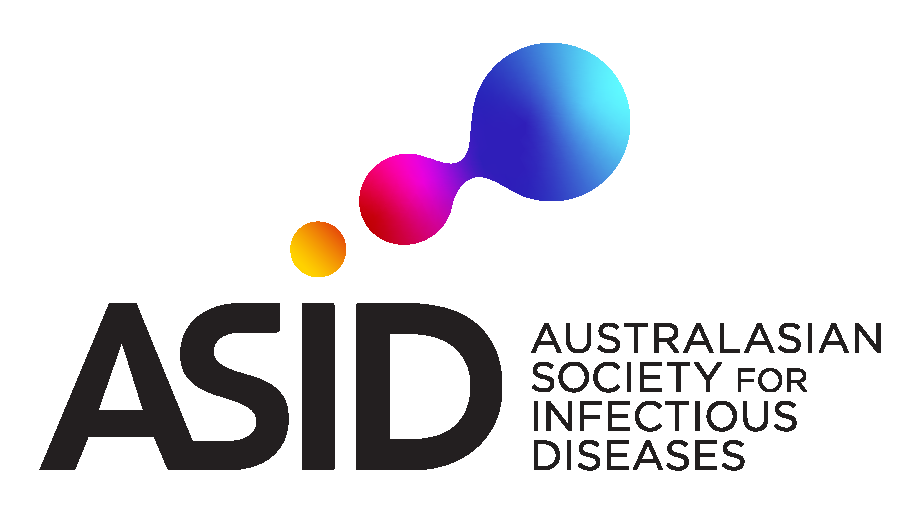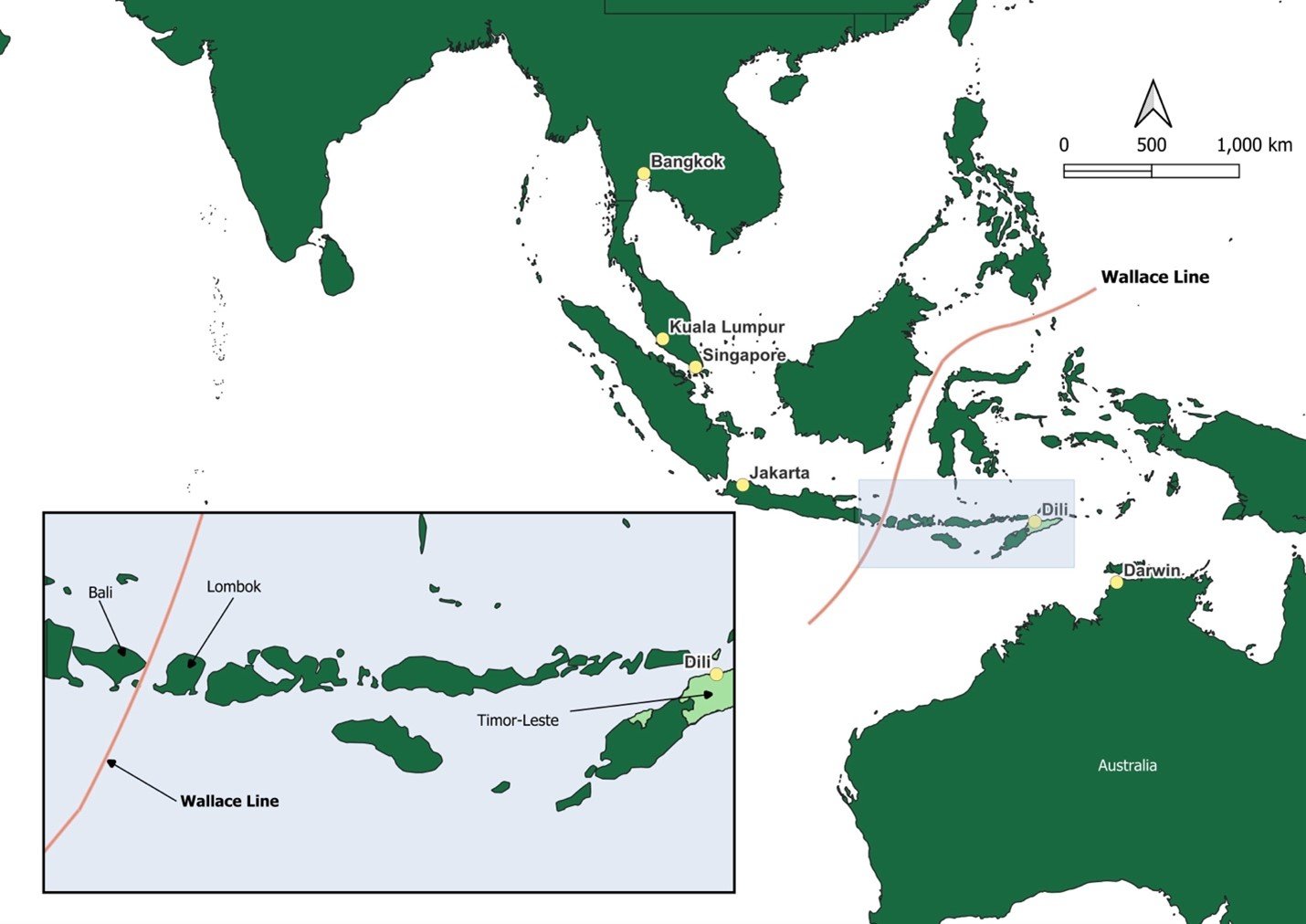Melioidosis in Timor-Leste
Clinical description of the first three cases demonstrates the typical range of presentations, while phylogenetic analysis demonstrates a shared ancestry common to Australian isolates.
Burkholderia pseudomallei, the causative agent of melioidosis, has not yet been reported in Timor-Leste, a sovereign state northwest of Australia. In the context of improved access to diagnostic resources and expanding clinical networks in the Australasian region, we have reported the first three cases of culture-confirmed melioidosis in Timor-Leste.
These cases describe a broad range of typical presentations, including sepsis, pneumonia, multifocal abscesses, and cutaneous infection. Phylogenetic analysis revealed that the Timor-Leste isolates belong to the Australasian clade of B. pseudomallei, rather than the Asian clade, consistent with the phylogeographic separation across the Wallace Line (see below).
This study underscores an urgent need to increase awareness of this pathogen in Timor-Leste and establish diagnostic laboratories with improved culture capacity in regional hospitals. Clinical suspicion should prompt appropriate sampling and communication with laboratory staff to target diagnostic testing. Local antimicrobial guidelines have recently been revised to include recommendations for empiric treatment of severe sepsis.
This work was supported by the Fleming Fund. The Fleming Fund brings evidence and people together to encourage action against drug resistance for a healthier world by supporting low and middle income countries to generate, share and use antimicrobial resistance data.
Read full article in Open Forum Infectious Diseases.
Dr Helio Sarmento Freitas Guterres*, General Physician, Hospital Nacional Guido Valadares and ASID member Dr Stephen Muhi, the Royal Melbourne Hospital and the Peter Doherty Institute for Infection and Immunity.
*Dr Helio Sarmento Freitas Guterres was the 2022 recipient of the ASID John Forbes Developing Nations Travelling Scholarship. Named in honour of Dr John Forbes, ASID's first president, this Award is presented to a physician or scientist from the Asia Pacific region.

